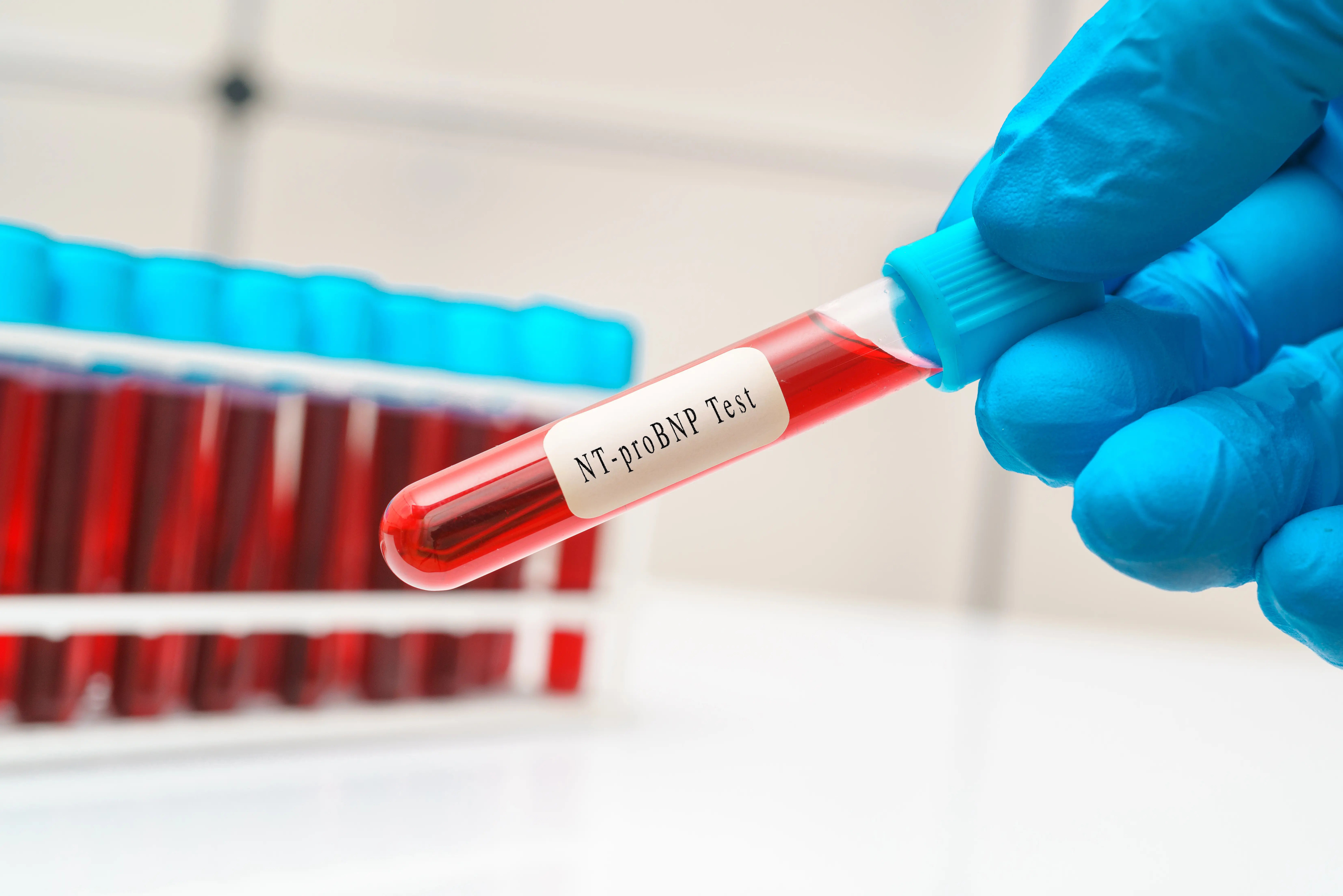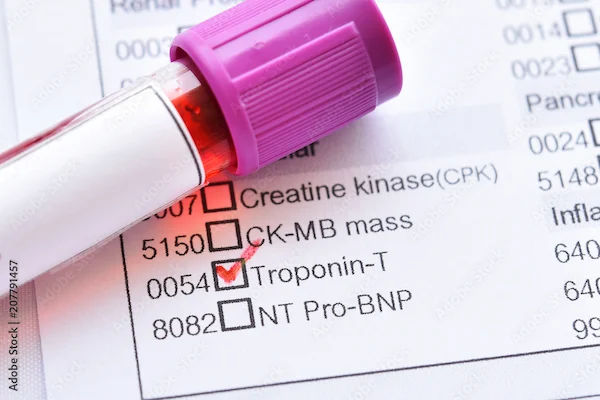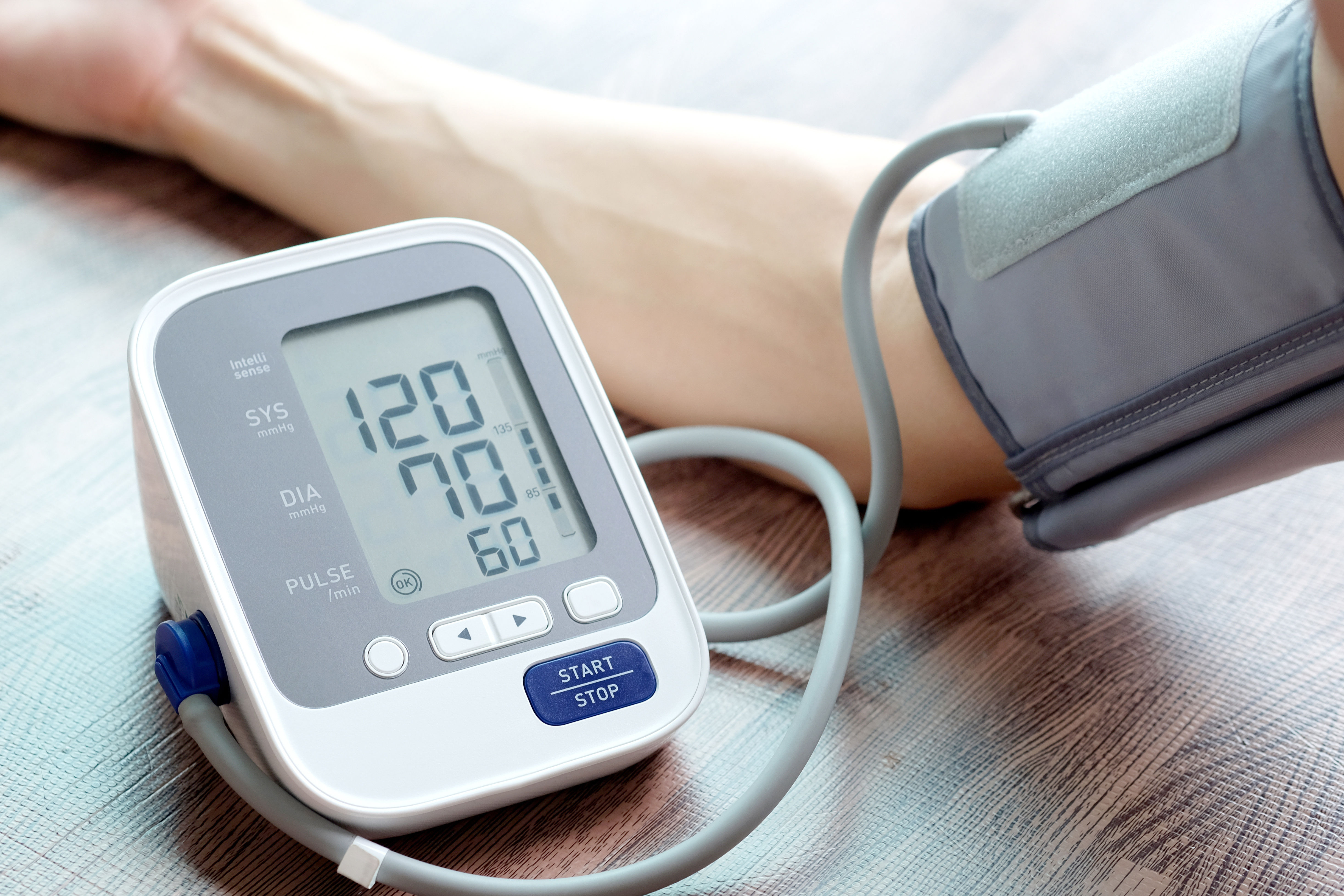- female
- 45 Years
- 07/02/2025
I'm feeling a bit worried about a sensation I have in the middle of my chest, like something might be blocked. A few days ago, there was pain, but now it's just this light pressure, especially when I lay down. I also have this discomfort in my left breast, like something is blocked, but I can't pinpoint exactly what it is. Could this be something serious, like a blood clot in my lungs or pulmonary embolism, or maybe myocarditis? The weird part is that exercise or taking a deep breath doesn't seem to bother it, but laying down sometimes makes me feel this fullness or pressure. What could it be?
Answered by 1 Apollo Doctors
It is important to evaluate your symptoms further to determine the underlying cause of your chest discomfort. The sensation of something being blocked in the middle of your chest, along with pressure and discomfort in the left breast, could be due to various reasons. While it is difficult to provide a definitive diagnosis without a physical examination and additional tests, the symptoms you described could potentially be related to conditions such as gastroesophageal reflux disease (GERD), musculoskeletal issues, or even anxiety. Given that you do not experience worsening symptoms with exercise or deep breathing, it is less likely to be related to a blood clot in the lungs (pulmonary embolism) or myocarditis. However, it is still important to seek medical attention for a proper evaluation and diagnosis. I recommend consulting with a healthcare provider for a thorough evaluation, which may include a physical examination, imaging studies, and possibly an ECG to rule out any cardiac issues. In the meantime, you can consider taking over-the-counter antacids for possible GERD symptoms and practicing relaxation techniques to help with anxiety-related symptoms.
Dr. Kareemulla Suggests...
Consult a Cardiologist
Answered 04/07/2025
0
0

More Cardiology Health Queries
View allI'm a 24-year-old male and I've been feeling this strong heartbeat when I'm sitting or lying down. It's like I can feel it in my stomach and chest for the past three days. I'm worried if this is something serious or just normal? A couple of months ago, I had some heart tests done like an ECG, echo, and TMT, and everything came back normal, including my lipid profile. But now my stomach seems to be moving with my heartbeat. Is this something I should be worried about?
based on your description and previous evaluations, it is possible that you are experiencing palpitations. Palpitations can be caused by various factors such as stress, anxiety, caffeine intake, or even certain medications. Since your heart evaluation tests were normal, it is less likely to be related to a serious heart condition. To help alleviate your symptoms, you can try reducing your caffeine intake, practicing stress-reducing techniques, and ensuring you are well-hydrated. In case the symptoms persist or worsen, you can consider taking a beta-blocker medication like Metoprolol 25mg once daily to help regulate your heart rate and reduce palpitations. However, if the symptoms persist or become more concerning, it is advisable to consult with your healthcare provider for further evaluation and management.
Answered by 1 Apollo Doctors
I'm dealing with a bit of a BP issue and I'm already on Telmikind H 80. My readings are showing around 14298. Is there anything else I should consider medication-wise or any adjustments you'd recommend? Would love some guidance on this.
continue telma h only.,salt restricted diet advised, dash diet,fruits,green leafyvegetables and rgular aerobic exercises is advised to the patient.
Answered by 1 Apollo Doctors
I'm dealing with mild diastolic dysfunction, tricuspid regurgitation, and mitral regurgitation. My left ventricular ejection fraction is 55. I'm a little concerned and just wondering how often I should see a cardiologist. Can you tell me more about my current condition? Is it okay for me to do regular activities like climbing stairs? And do I need to change anything about my diet or eating habits?
Having LV diastolic dysfunction, along with TR and MR, all mild, with LVEF of 55 means you have a mild heart condition. You should visit your cardiologist regularly for follow-up appointments to monitor your condition. It is recommended to see your cardiologist at least every 6-12 months or as advised by your doctor. In terms of your present condition, with mild LV diastolic dysfunction, TR, and MR, and an LVEF of 55, you are in a stable condition. You may continue with your normal daily activities, including chores and climbing stairs. However, it is important to avoid excessive physical exertion and follow a heart-healthy diet. For your heart condition, your cardiologist may prescribe medications such as ACE inhibitors like Lisinopril or ARBs like Losartan to help manage your blood pressure and reduce the workload on your heart. They may also recommend beta-blockers like Metoprolol to help improve heart function. Additionally, diuretics like Furosemide may be prescribed to reduce fluid buildup in your body. Remember to follow your cardiologist's advice closely and attend all scheduled follow-up appointments for proper management of your heart condition.
Answered by 1 Apollo Doctors
Disclaimer: Answers on Apollo 247 are not intended to replace your doctor advice. Always seek help of a professional doctor in case of an medical emergency or ailment.





